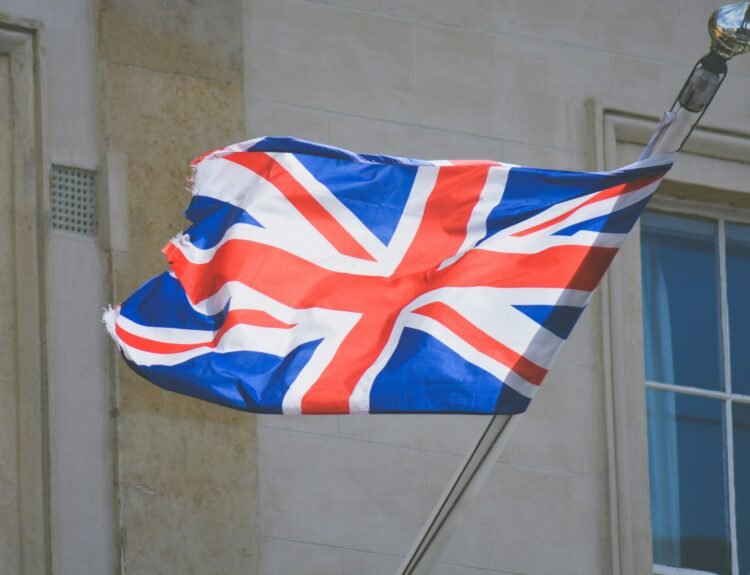Columbia University has suspended or expelled dozens of students for participating in pro-Palestinian protests, the university confirmed Tuesday, intensifying an already volatile chapter in campus activism and national politics.
The disciplinary actions stem from two major demonstrations: a protest inside Columbia’s Butler Library during finals week in May and an encampment during the 2023 alumni weekend. According to the university, sanctions issued by a judicial board include suspensions ranging from one to three years, expulsions, probation, and in some cases, revocation of degrees.
Columbia declined to release the names of the students but emphasized the need for order on campus.
“Our institution must focus on delivering on its academic mission for our community,” the university said in a statement. “And to create a thriving academic community, there must be respect for each other and the institution’s fundamental work, policies, and rules. Disruptions to academic activities are in violation of university policies and rules, and such violations will necessarily generate consequences.”
Student organizers condemned the penalties, calling them unprecedented and retaliatory. Columbia University Apartheid Divest, a student activist group, said nearly 80 students had been sanctioned.
“We will not be deterred. We are committed to the struggle for Palestinian liberation,” the group said in a statement. They also claimed that suspended students would be forced to issue apologies to be reinstated—a condition some have vowed to reject.
The crackdown comes as Columbia continues negotiations with the Trump administration to regain access to $400 million in federal funding revoked earlier this year. The administration withdrew the funds in March, citing the university’s alleged failure to curb antisemitism during protests over the war in Gaza. In response, Columbia has agreed to adopt a new definition of antisemitism and revamp its student disciplinary system to align with federal demands.
The loss of funding has already had significant consequences. In May, Columbia announced it would lay off nearly 180 staff members and scale back research programs. The affected workers made up roughly 20% of personnel funded by now-canceled federal grants.
Columbia has been a flashpoint in nationwide student activism. A large-scale encampment and building occupation in April drew national attention and arrests, sparking a wave of similar protests across U.S. campuses.
The university’s actions are unfolding amid broader efforts by the Trump administration to penalize institutions and individuals associated with pro-Palestinian activism.




















